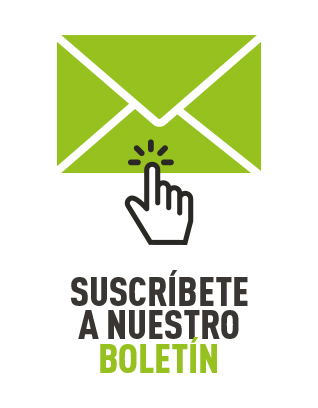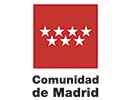Búscanos en Facebook
PRESERVE
|
Autor:
Lola Gómez Jiménez AIMPLAS |
|
|
Formato:
Comunicación técnica panel |
|
| Tipo: Difusión de Proyecto | |
| Temática: Residuos | |
| ODS relacionados: Hambre cero, , , | |
|
|
|
| Documentos asociados: Doc. Panel | |
|
|
|
|
Resumen: |
|
|
Desarrollar tecnologías de upcycling de plásticos para envases de alimentos y bebidas transformándolos en nuevos materiales o productos de mejor calidad o valor ambiental, evitando los microplásticos, con aplicaciones de envasado en los sectores del cuidado personal y el transporte. |
|
|
Objetivos: |
|
|
Of the 50 million tonnes of plastics consumed each year in Europe, only 32% of the resulting waste is currently recycled. Given that packaging consumes more than 40% of all plastic produced each year, improving its circularity from origin to subsequent life cycles is more than urgent. PRESERVE is developing solutions to improve the recyclability of food packaging. Introducing a life cycle approach with innovative materials can help us reaching unexplored new potential for plastic and cardboard packaging and its end of life. |
|
|
Acciones: |
|
|
By enhancing bio-based packaging in terms of properties that currently limit the application of bioplastics as well as their recycling. By recovering biopolymers and reintroducing them as secondary raw materials. By upcycling those secondary raw materials into non-food containers. |
|
|
Resultados: |
|
|
Better packaging design allowing delamination with bio-based barrier coatings and adhesives, eBeam treatment to improve mechanical and barrier properties and novel methodologies to reduce the release of microplastics based on the application of functional finishing treatments. Establishment of a delamination pilot plant, with subsequent adjusting and upscaling of the new recycling process, with an initial sorting via advanced photonic and artificial intelligence approaches. Development of upcycled demonstrators deriving from recycled food packaging, with at least 85% of recovered materials for non-food-contact applications. |
|
Este proyecto cuenta con la financiación del Ministerio para la Transición Ecológica y el Reto Demográfico a través de la convocatoria pública de subvenciones a entidades del Tercer Sector para actividades de interés general consideradas de interés social en materia de investigación




















